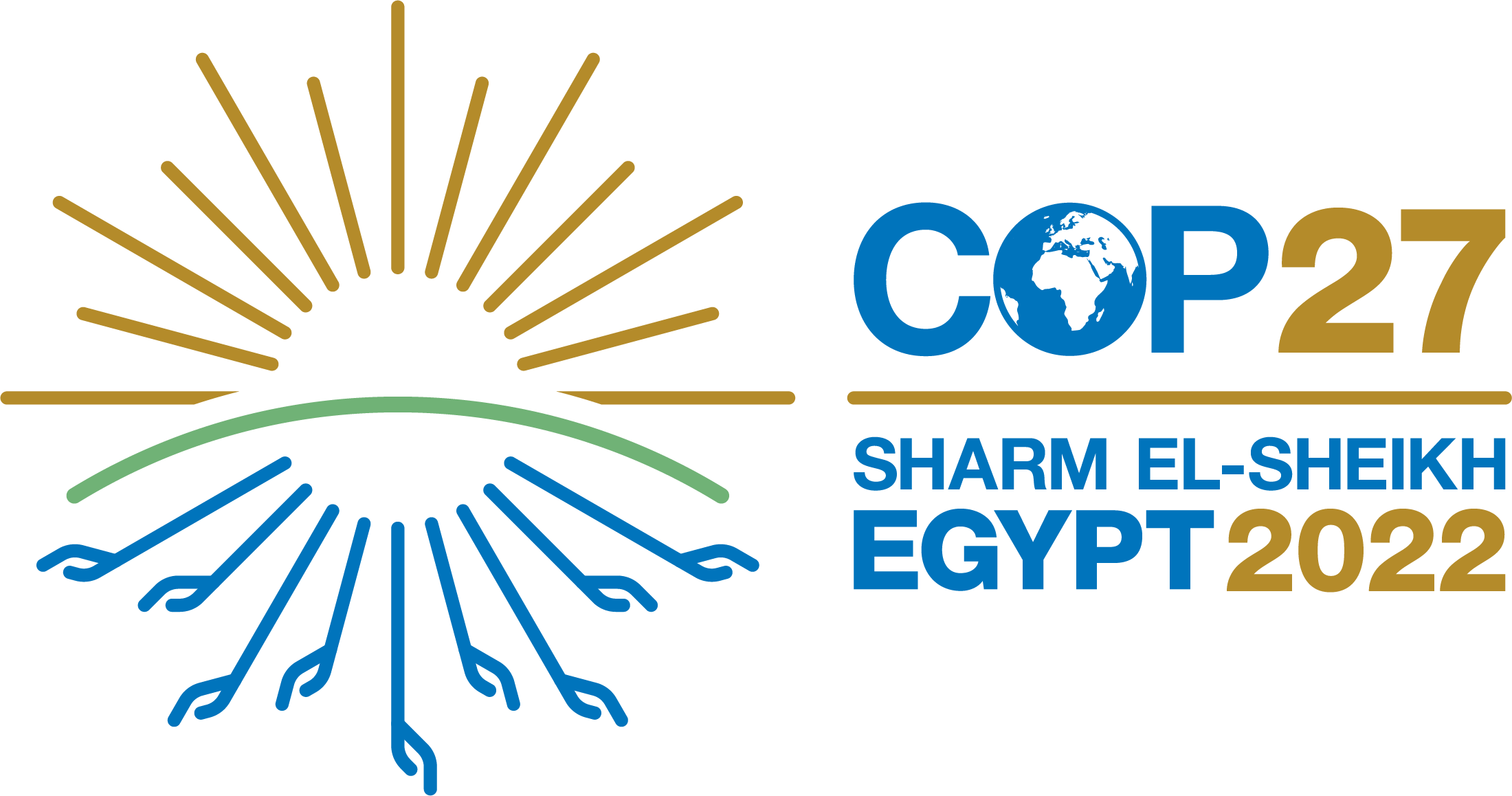Putting nature in our climate budgets
The world is at a critical juncture for our climate—policies enacted now by governments and corporations have the potential to alter our trajectory and reduce climate impacts across the globe. As we move into another round of climate talks at COP27, Woodwell is pushing for the inclusion of natural systems in our climate goals and policies. Natural systems like tropical forests and Arctic permafrost have the potential to either cool or warm the planet, depending on how we treat them. Woodwell scientists are bringing their expertise and science-based solutions to the table to inform global goal-setting around these issues.
Accounting for permafrost thaw
Thawing permafrost is like a country missing from international climate conversations. Carbon released by thawing Arctic permafrost could be on par with continued emissions from the U.S. this century, but these numbers are not accounted for in global carbon budgets. That means we’ll need to be even more ambitious than planned if we are to stand a chance of limiting warming to 1.5°C or 2°C.
Meanwhile, Arctic residents are already feeling the impacts of thawing permafrost as land subsides and threatens homes, infrastructure, and lifeways. We have a limited window to act, so Woodwell’s Permafrost Pathways project is engaging at COP27 to get the “country of permafrost” and the voices of Arctic residents included in the discussion.
Valuing tropical forests
Tropical forests are holding back nearly 1°C of warming—making them one of the best natural mitigation solutions available. Protecting standing forests should be our first priority, but often we fail to fully value their true importance. Despite an international pledge at last November’s COP26 to halt deforestation, it has continued apace. And attention and funding often flows to tree planting rather than forest protection. This COP, Woodwell is taking stock of what’s been accomplished since last year, pushing for the prioritization of forest protection, and discussing just, effective ways to incentivize it.
Intertwined fates
Of course, our climate system is global and connected. What happens in the middle of the Amazon or Congo forests has implications that ripple all the way to the Arctic tundra, and vice versa. To explore these connections, Woodwell is co-hosting a side event with Global Choices entitled Intertwined Fates: How the Arctic, Amazon, and Africa are connected and shape our climate future. The event will feature leading climate scientists and youth women leaders, discussing the choices we face to secure our climate future.




